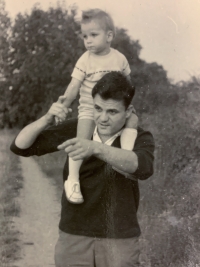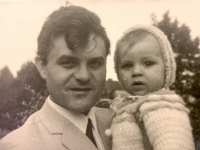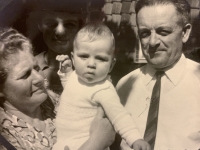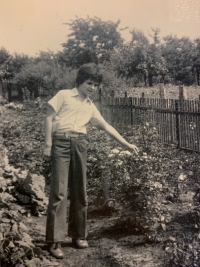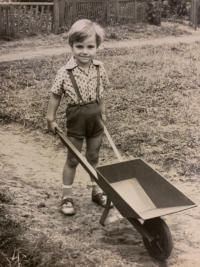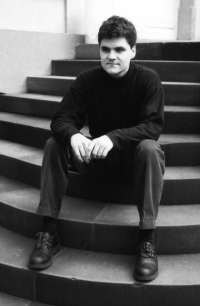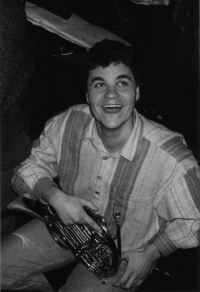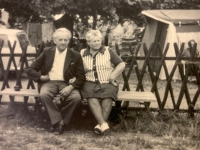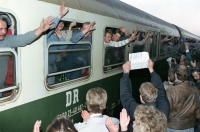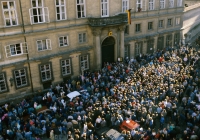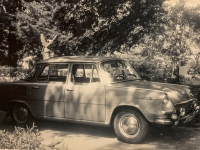Everyone who escaped the GDR helped to change the regime

Download image
Markus Rindt was born in 1967 in Magdeburg in the German Democratic Republic, to a family of classical musicians – his mother Brigitte Ebel was a vocalist, his father Heinz Rindt a violinist. His father was from Czech Krkonoše region, as a two-year-old child he was expelled into what was at the time the Soviet Occupation Zone of Germany. After expulsion Markus’ grandparents were settled in the area of the German–German border. Marcus was allowed to visit them only with special permission requested a long time in advance. Since then, Markus couldn’t get the idea of tearing down the Iron Curtain or crossing the border out of his head. Markus’ decision to emigrate was also influenced to a degree by his relationship with his girlfriend who was forbidden from studying and rejected offers to cooperate with the Stasi. On 3 September 1989 they were among the last to cross the CSSR–GDR border before it was closed down. They travelled all the way to the West German embassy in Prague, spent the night on a town square and on 4 September they and other thousands of refugees were allowed to travel to the West. There he continued his studies and played in the Cologne Orchestra. In 1989, together with his West-German wife, he moved to East-German Brandenburg and established the Dresdner Sinfoniker Orchestra, which he leads to this day. He is active in political projects, especially those concerning mental and physical borders and curtains, for instance the Tear Down the Wall happening at the United States–Mexican Border.
